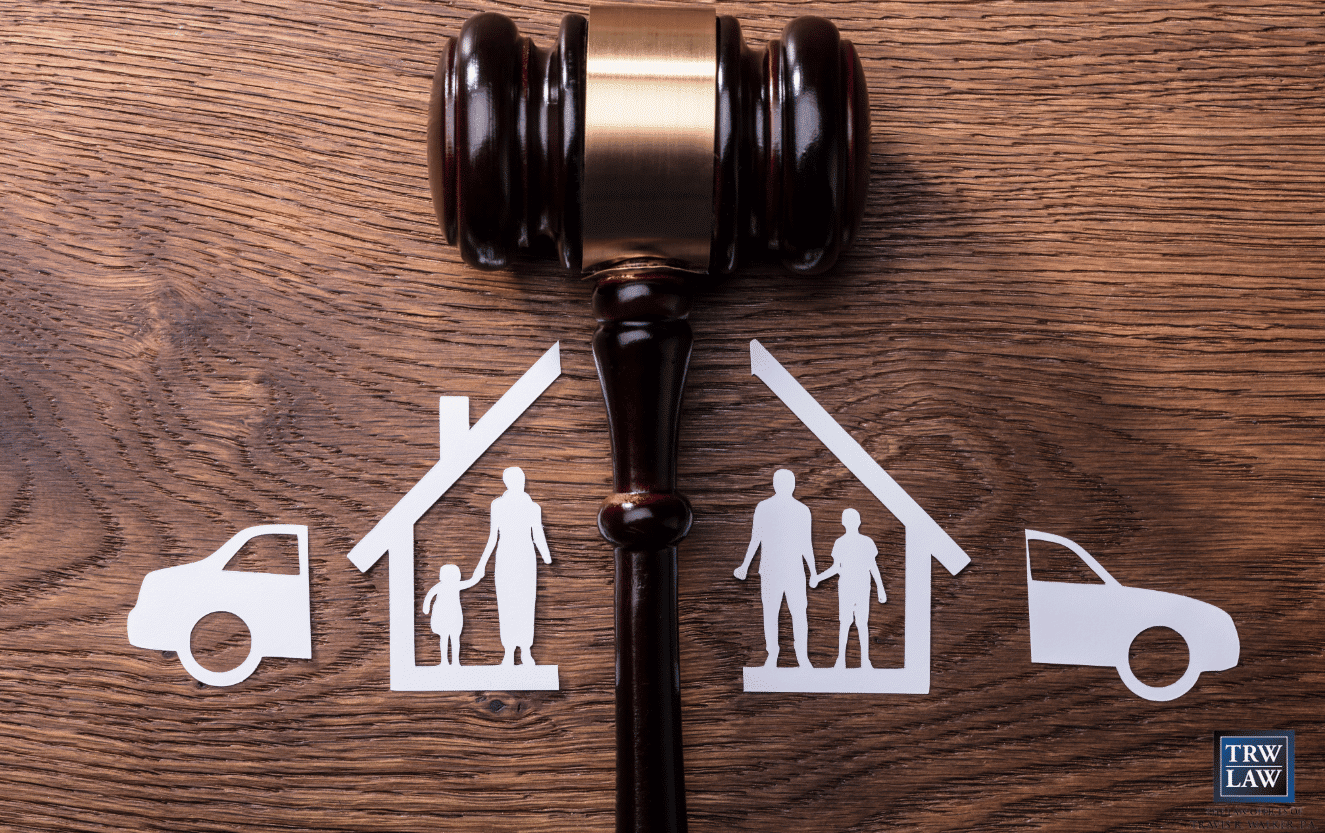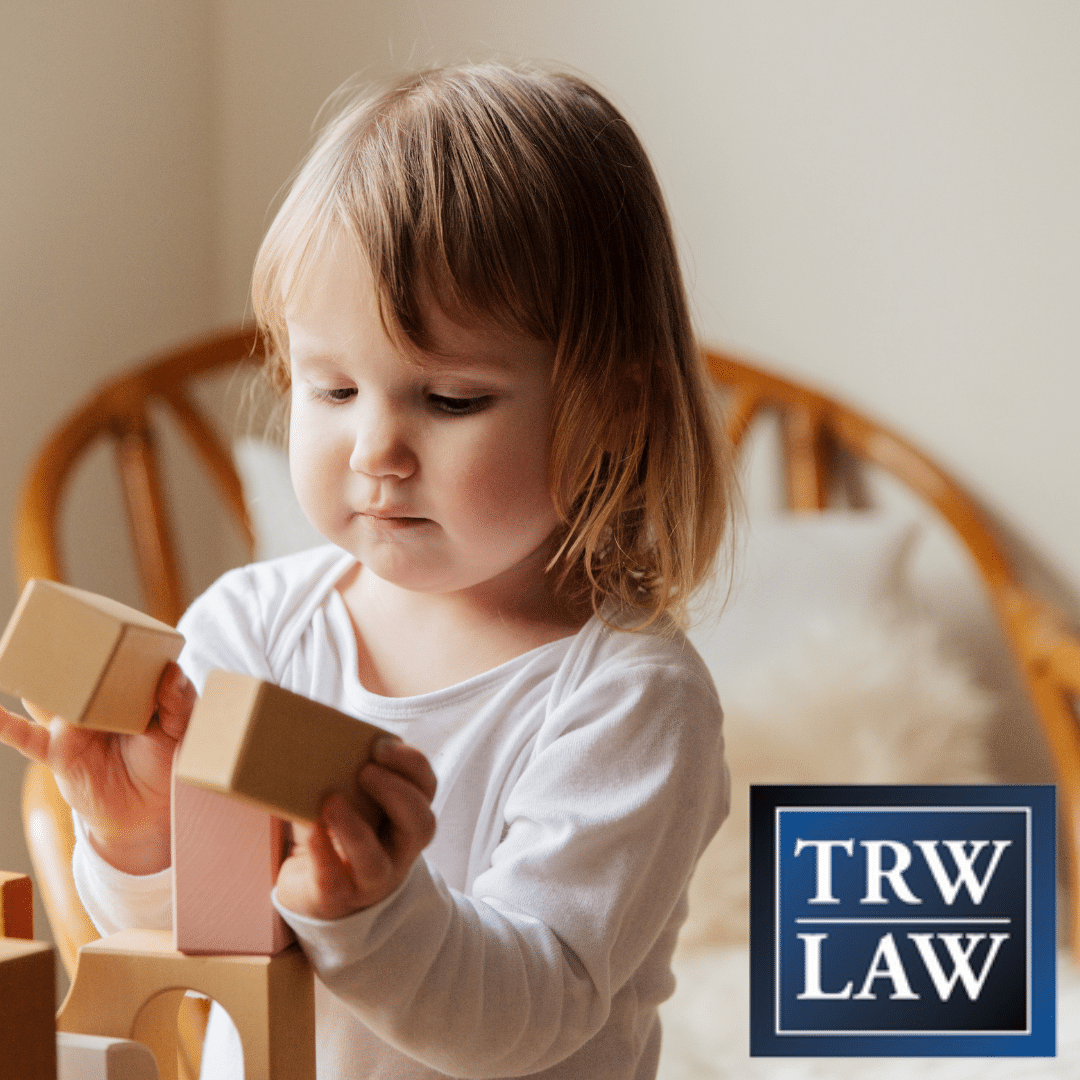One of a parent’s worst fears facing allegations of child endangerment or abuse. If you are involved in a similar situation, you will most likely go through a dependency case handled through the Florida Court. With these types of allegations, parents risk losing their children either on a short-term basis or even permanently.
Needless to say, this can be a very scary time for parents. Therefore, it is important to have the right support and knowledge in navigating a dependency case. In this article, we will explain what dependency law is and how dependency cases in Florida are handled.
What Is Dependency Law?
If you’re wondering what a dependency case is, it refers to a legal proceeding in Florida that deals with issues related to child abuse, neglect, and abandonment. Essentially, when there are allegations of any of these forms of mistreatment, a dependency action may be initiated, which can impact child custody arrangements. So if you’re concerned about a child’s well-being, it’s important to understand the specifics of dependency law in Florida and how it may affect your family.
DEPARTMENT OF CHILDREN AND FAMILIES (DCF)
A dependency case usually begins with the Department of Children and Families (DCF) at which point DCF receives a report of abuse or neglect through the Florida Abuse Hotline or through a similar contact method.
DCF’s role is to conduct an investigation and assess whether or not the child is at risk of imminent harm. If they determine that risk exists, then they will immediately remove the child from the situation, even if that is your home.
How the Dependency Case Process Works
SHELTER VS. ARRAIGNMENT HEARING
SHELTER HEARING
If the child is removed from the home, then the Court must hold a hearing within 24 hours of removal. This hearing is known as a Shelter Hearing. At this hearing, DCF will present evidence as to why they believe the child is in danger. You can and should be present at this hearing to present evidence as to why the child should not be removed.
The judge will decide whether a child should be removed from the home. At the same time, the Court will also appoint a Guardian Ad Litem. Commonly referred to as a GAL, this person will act as an advocate for the best interests of the child.
If the child continues to be outside of the home at DCF’s recommendation, then DCF will file a Petition for Dependency, which will trigger additional hearings and services.
ARRAIGNMENT HEARING
Once DCF files the Petition for Dependency, parents must respond by entering a plea at an Arraignment Hearing, similar to a criminal case. Parents have the opportunity to present a verbal plea to the Court, which includes the following options:
- Admit the allegations
- Consent to a case plan without admitting to allegations
- Deny all allegations and ask for an adjudicatory hearing
Most parents opt to consent to a case plan without admitting to the allegations, however, it is important to have legal guidance to help work through what you should do in this situation based on your unique circumstances.
Developing the Case Plan
Upon opting for a case plan, parents will then work with DCF to develop the plan. This can be done informally, through formal mediation, or other similar services. This plan will detail various services that are recommended for the parents and children, such as mental health counseling and parenting classes.
A parent will then enter a consent once all parties agree to the plan. The judge will review the case plan and approve it at the Disposition Hearing. The parties will also decide who will house the children during the dependency process.
Reuniting With Your Family
Once parents have worked through the case plan and met all of the obligations set out by the Court and DCF, they can be reunited with their children. The judge will set out periodic hearings to check on your progress. When the Court determines that there has been sufficient progress, they will order reunification. If, however, you cannot keep up with your plan or other issues are brought to DCF’s or the Court’s attention, then DCR may request a termination of parental rights.













